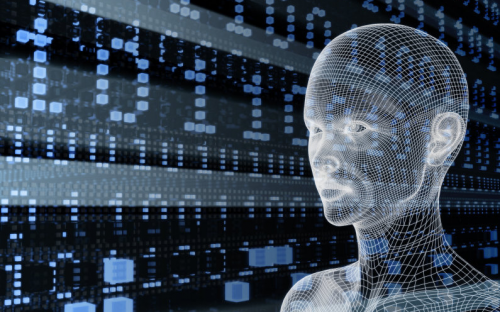MBA students are trying to crack a case study on the self-driving cars pioneered by Tesla, Google, and Uber. What is the potential for robots to reshape our roads? And what are the challenges and opportunities of entering that business? This is a case that David Yoffie, professor of international business administration, believes is essential reading for tomorrow’s business leaders.
Working with artificial intelligence (AI), he says, is “capability that MBAs need to know about”.
AI today is a super-hot area in business education, he adds. Harvard, Stanford’s Graduate School of Business, MIT’s Sloan School of Management and INSEAD of France are among the top-tier b-schools adding courses on managing the algorithms that are helping businesses make better decisions.
AI is a broad term for computer systems that can perform tasks normally requiring human intelligence, such as visual perception, speech recognition, and decision-making. Companies are increasingly applying the technology their businesses, which can trawl through large data sets to uncover new business insights and assist executives with making more informed decisions. Forrester predicts investment in AI to grow by 300% in 2017, from an estimated $8bn last year.
The growing hype around AI and deep learning, a branch of AI that powers things like Facebook’s face recognition ability, means MBAs will need a firm grasp of the technologies.
“Business students need to understand the major industrial and information technologies being developed and how they will shape business in future — not simply how they work,” says Jonathan Trevor, a professor with Oxford University’s Saïd Business School who led a course exploring AI’s impact on the future of work.
On a practical level, this means understanding how to manage the development and application of algorithms across businesses. Executives must become familiar with interacting with data scientists and must know how to leverage analytics to see new business opportunities, according to Shawn Mankad, assistant professor at Cornell University’s College of Business, who teaches multiple courses on data science to MBAs.
These skills are going to be very important to careers at tech companies relying on AI, says Harvard’s David, such as Elon Musk’s electric car-maker Tesla.
At Northwestern’s Kellogg School of Management, a 10-week elective course on human and machine learning will run in April. Using sophisticated programs like IBM’s Deep Blue and Google’s AlphaGo, the course aims to teach MBAs to apply human and machine partnerships to grow businesses.
While there are many examples of machines outperforming humans — like Google-owned DeepMind’s trouncing of one of the highest-ranked champions of the ancient game Go — executives must learn to work together with machines to enhance output and performance, argues Adam Pah, assistant professor of management and organizations at Kellogg.
At London Business School, Lynda Gratton, a professor of management practice who runs a one-week course on AI, is focusing on the so-called “soft skills” such as negotiation and creativity, which are unlikely to be best performed by machines.
“Negotiation, collaboration, working in multi-cultural teams and networking with multiple stakeholders — these will all be very important skills in the future.”
What that human-robot future looks like remains unclear, but business school will at least prepare future leaders to be confident with the ambiguity, says Urs Peyer, dean of degree programs at INSEAD.
RECAPTHA :
41
4a
7d
ed








